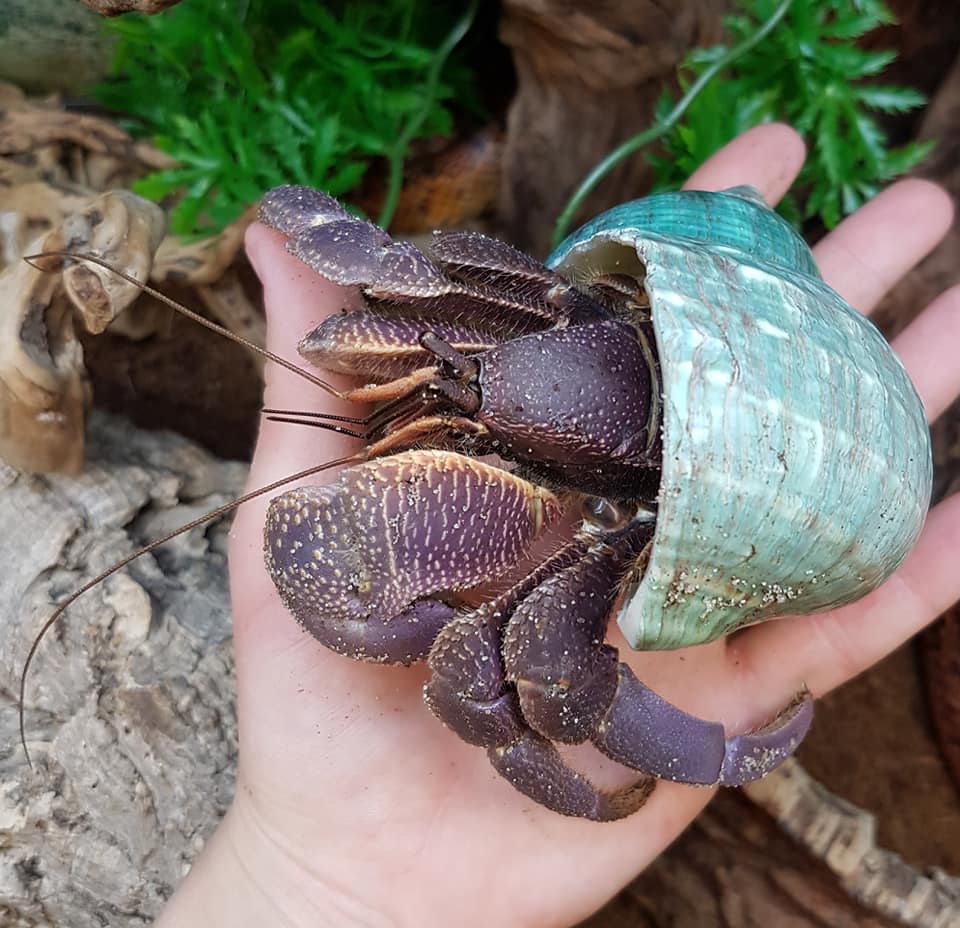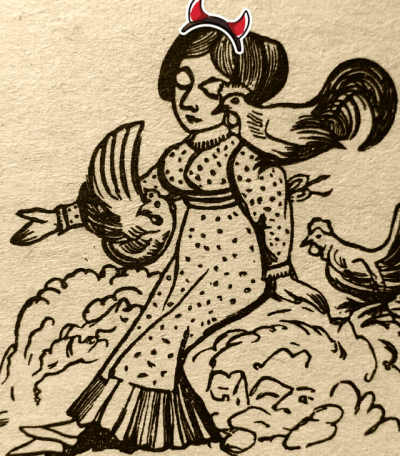I've known a few crabbers to use devils ivy (Epipremnum Aureum) without problems, so I sure they are fine. And if anything, the Philodendron hederaceum could work as well since PP's and the Philodendron have an overlap in its native range.
Some of the plants I have collated over the years are:
- Air plants
- Ferns (not asparagus) (I personally think that Adiantum raddianum or Adiantum venustum would work well!

)
- mini palms (Beaucarnea recurvata have been used successfully, but most of the other indoor palms will work IMO)
- bromeliads
- bird seed mix (get a packet of bird seed and sprout it)
- dandelion
- spider plant
- bamboo (not lucky bamboo! Dracaena braunii)
And then also some that a fellow crabber has used successfully, naalide.
- beaucarnea recurvata
- Monstera adansonii
- Saintpaulia ionantha
- orchids (phalaenopsis)
- phoenix canariensis
- Yucca
- philodendron xanadu
- moss
I tend to go with whats reptile safe is crabby safe. Naalide also has a similar view, where she refers to relying on the crabs instincts than worrying if they are toxic in some form.
All the barks are made from fir or pine, which is a touchy subject. Some crabbers have had no illnesses keeping crabs with pine, but in general pine is considered bad due to being toxic to a number of other animals. But one crabber did refer that hermit crabs - I believe either the E or the PP - do live in areas dominated by pine (
http://www.hermitcrabassociation.com/ph ... 5&t=101901). But i tend to view the "grey areas" as a no go, but if you want, you could certainly use it. (I personally wouldn't).
If your looking for some texture, mixing a small amount of coconut chips could work well? And dried leaves? Small twigs? (all this will eventually break down as well, so as you replace you will have different sizes of litter.)
 Sand, plantation soil (cocofiber) and some moss is already a given. ^_^
Sand, plantation soil (cocofiber) and some moss is already a given. ^_^


